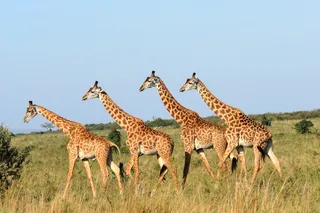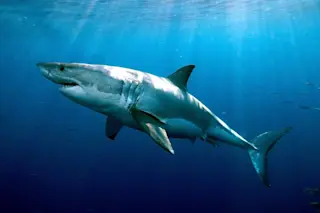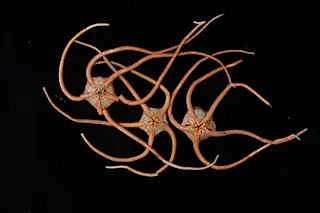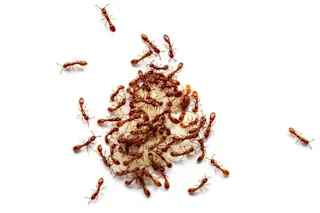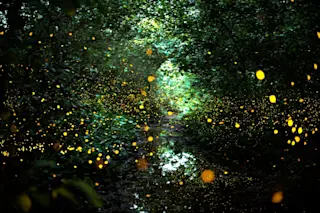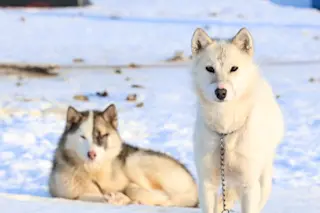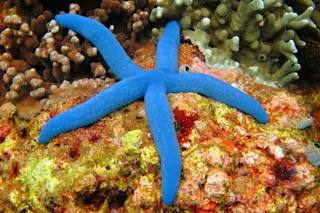If anyone has ever said you and your best friend are like “two peas in a pod,” they were definitely on to something. It turns out that we have a lot more in common with our friends than just our hobbies and outlook on life: we also share similar genetic code. In a genome-wide analysis, scientists from University of California-San Diego and Yale found that we are far more genetically similar to our friends than we are to strangers of the same population. In fact, researchers say our friends are as “related” — genetically speaking — as fourth cousins. Their findings suggest that, in addition to our physical and biological environment, our social networks also play an important role in human evolution.
To draw the genetic link between friends, researchers focused on 1,932 subjects who participated in the 1948 Framingham Heart Study. The Framingham study has produced one of the ...




